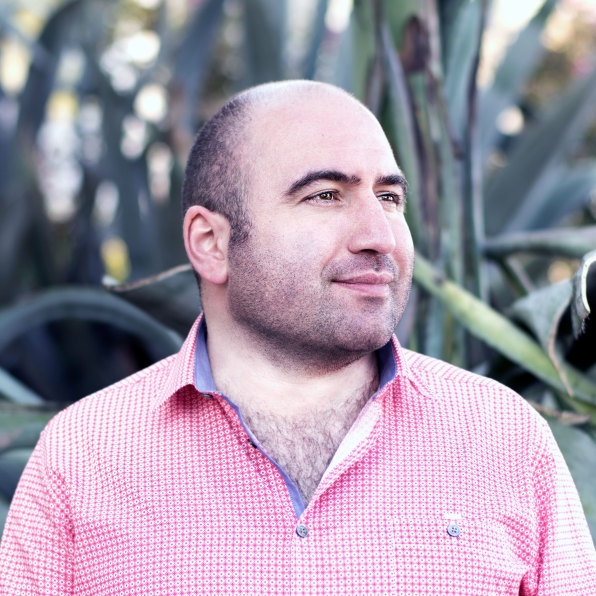As the founder and co-CEO of an en engineering-driven transportation company, most people wrongly assume I’m a car nut or an engineer. It’s an understandable error. Nike was started by college runner Phil Knight, Stitch Fix by clothes-conscious e-commerce maven Katrina Lake, and Tesla by technologist Elon Musk. Personally, I’m a Middlebury College alum with a degree in politics, and I’m often the least technical person in the room.

When I first started my company, I felt insecure about hiring tech talent. In fact, I was terrified when I met our first engineering hire in 2014. But today, talking to engineers about why they should come to my company, Shift, is one of the best parts of my job, and I’ve successfully recruited great tech workers from Dropbox, Facebook, Google, Twitter, and many other Silicon Valley heavyweights. These are a few of the top rules and techniques I’ve relied on to do it.
1. Hire A Strong Technical Cofounder To Delegate To
If you aren’t technical yourself, you need to bring in a world-class technical cofounder to help you build a world-class tech company. And then you need to delegate to that person–significantly. Not only do I defer to our CTO on anything technical, but I bring him in on all major decisions affecting the company. Since he’s ultimately responsible for the technical stuff, my job as CEO is making sure he has all the resources to build a great product–and that includes human capital.
2. Bring In Recruiters Early
Four years ago, I’d never have listened if someone told me to bring a recruiter on board right from the get-go; it just seemed premature. But if I could go back in time, hiring a full-time recruiter to focus on technical hires would be one of the first things I’d do. While your technical cofounder focuses on the high-tech decision making inside the company, a tech-focused recruiter can help you understand and engage with the talent pool externally.
3. Let Talent Attract More Talent
Your first hires are your most important hires. Talented people want to work with people they can learn from, and ensuring your team is impressive from the beginning is one of the most important investments you can make. Don’t hire so-so engineers just because you’re anxious to build out your first product. Take the time to get it right from the start.
4. Close Candidates Yourself
It’s important for engineers to know you value their expertise, and that they’ll have a seat at the table. So to this day, I make a point of meeting with every engineering candidate we’re interested in hiring. These are the people who will be building the product, and as the founder, it’s essential for you to sit down and make a case for your company. Great engineers want to work directly with founders–not just cordoned off among themselves–and showing them that that’s how your company operates is a huge advantage. Don’t waste it.
5. Share More Information Than Candidates Expect
Transparency is the way to go, especially when you’re trying to get tech talent to accept job offers. Be forthright about the business, share more information than candidates are expecting you to, and encourage them to ask questions about the company as a whole–not just its top technical concerns. And remember: Engineers who are introverted may not come prepared with questions, but it’s your job as CEO to make sure they leave with a deep understanding of the company. I’ve found that engineers love this level of honesty, especially since they usually get the run-around.
6. Be Honest About What You Don’t Know
Don’t pretend to be more technical than you are, or to know how to solve technical problems; engineers can easily spot a faker. Instead, tell them what you envision for the company, how technology plays a leading role, and how you plan to work together.
7. Go The Extra Mile To Seal The Deal
When I meet a candidate my team is excited about, I proceed with a “do whatever it takes” mind-set. Once, we had a new grad tell us he wanted to work at our company, but his mother was pressuring him to work at Facebook. So, with his permission, I called his mother and outlined why I thought working at Shift was the better long-term decision for her son. He accepted the job the next day.
The lesson behind each of these rules? You need to show tech candidates that they’re fundamental to everything the company does–they won’t just be powering the back end or building things somewhere off in a corner. As you grow your engineering team, remember that engineers will happily work for a non-technical founder who gives them the support and autonomy they need to develop world-changing products.
George Arison is the founder and co-CEO of Shift, a digital marketplace for buying and selling cars.
Fast Company , Read Full Story
(39)